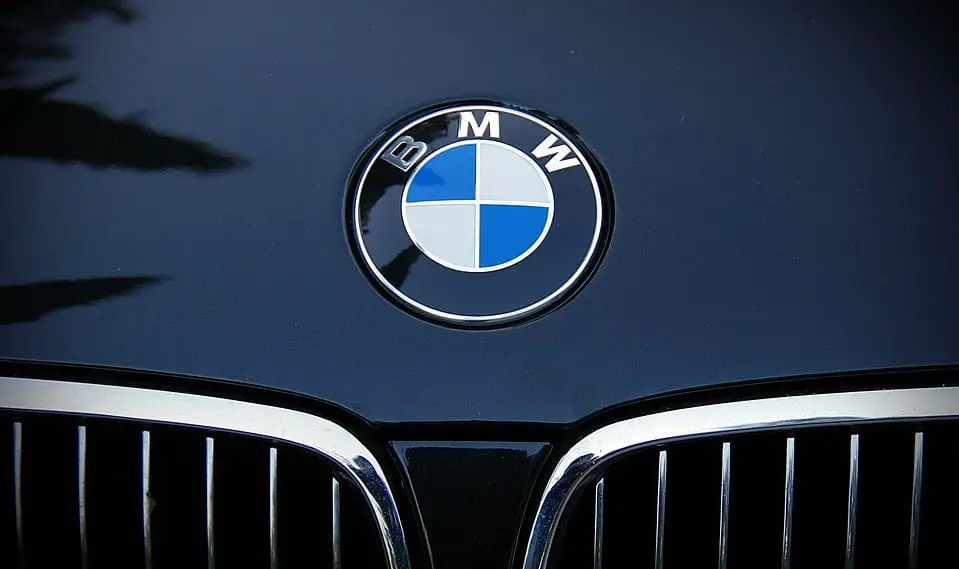
BMW is betting on both batteries and hydrogen fuel cells for the future of transportation
March 15, 2017BMW will be supporting both batteries and hydrogen fuel cells
How the world powers its vehicles will be determined within the next 10 years, according to Ian Robertson, head of global sales and marketing for BMW. In recent years, BMW has been showing a greater interest in moving away from fossil-fuels in order to become more environmentally friendly and better accommodate the changing needs of consumers. The automaker believes that either hydrogen fuel cells or battery systems will become the primary method of powering future vehicles.
Batteries and fuel cells are showing a great deal of promise
BMW has not yet determined which one of these technologies it will be supporting. The company believes that battery technology is quickly reaching the point where it can be efficiently and effectively used in the transportation space. Hydrogen fuel cells, however, are experiencing a similar evolution. These energy systems show a great deal of potential when it comes to powering clean vehicles, but they have long been overly expensive and have lacked the support of a comprehensive fueling infrastructure. Now, hydrogen fuel cells are becoming more affordable and new hydrogen stations are being opened in several prominent markets.
Hydrogen fuel cells may become the best long-term solution for clean transportation
In the past, BMW believed that batteries would be the best option for clean vehicles. This was due to the pace at which battery technology was evolving. With lithium-air and solid state batteries now available, BMW believes that battery technology may not be the only option for the clean transportation space. This is due to the capabilities of hydrogen fuel cells and how they can be used to power a new generation of vehicles. Batteries may, however, serve as an effective short-term solution, with hydrogen fuel cells being used in the long-term.
Automakers are working to embrace new technology to power clean vehicles
BMW has plans to introduce its own fuel cell vehicle in the coming years. The automaker has joined several others in announcing such plans, but the company remains somewhat cautious concerning the future of hydrogen fuel cells in transportation. While these energy systems are becoming more affordable, they still lack comprehensive infrastructure support. This can create a problem among consumers, as they will need reliable access to hydrogen in order to power their vehicles.



 With over 15 years of reporting hydrogen news, we are your premier source for the latest updates and insights in hydrogen and renewable energy.
With over 15 years of reporting hydrogen news, we are your premier source for the latest updates and insights in hydrogen and renewable energy.